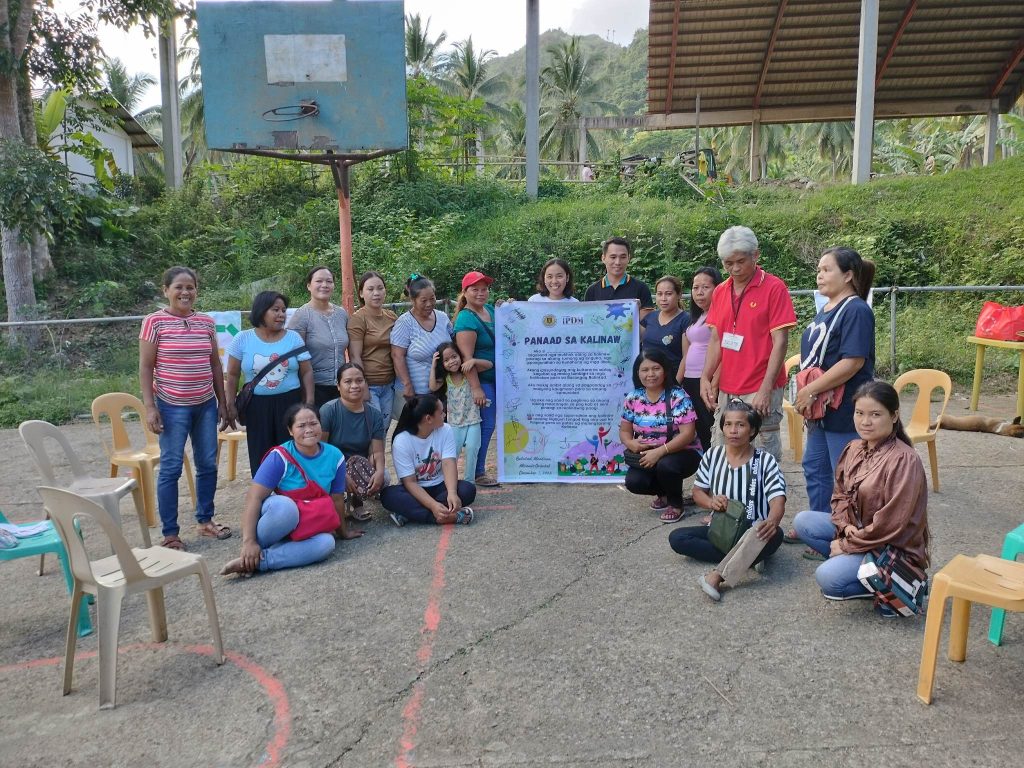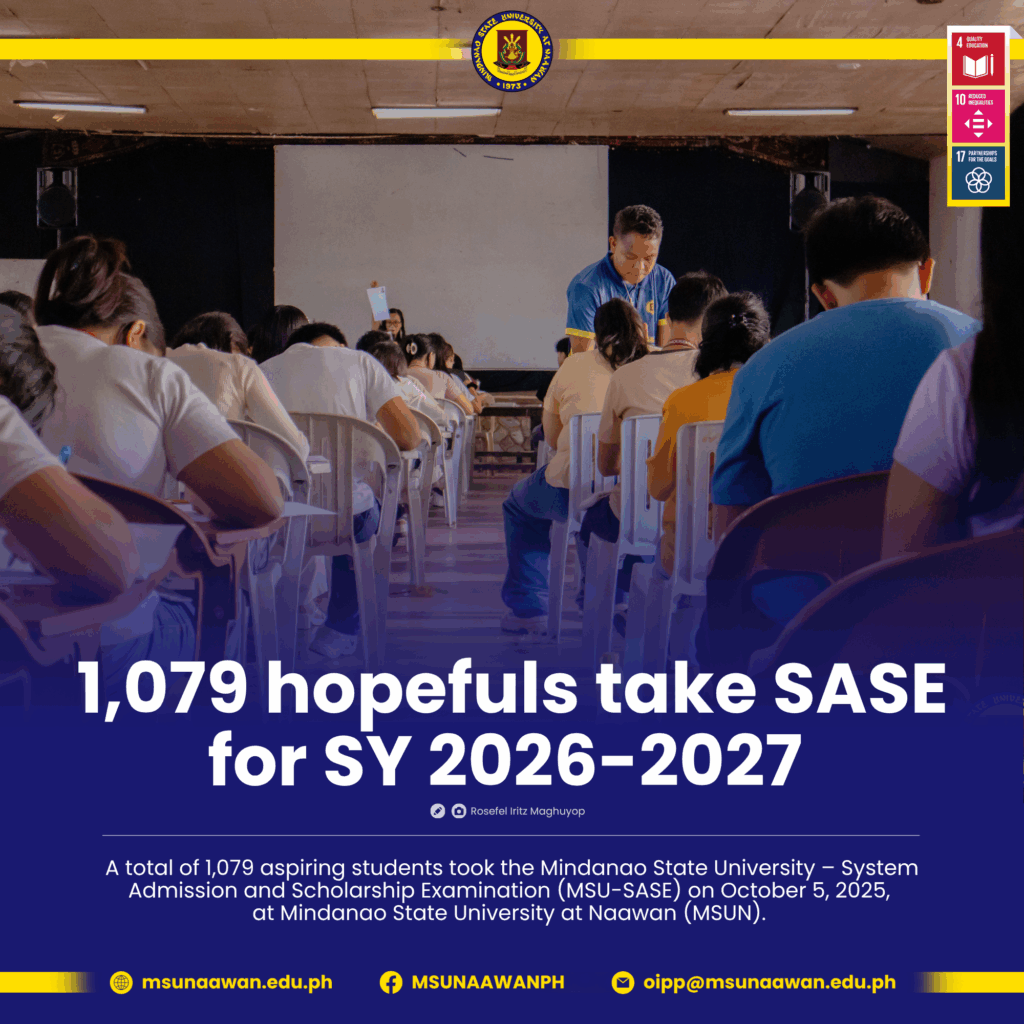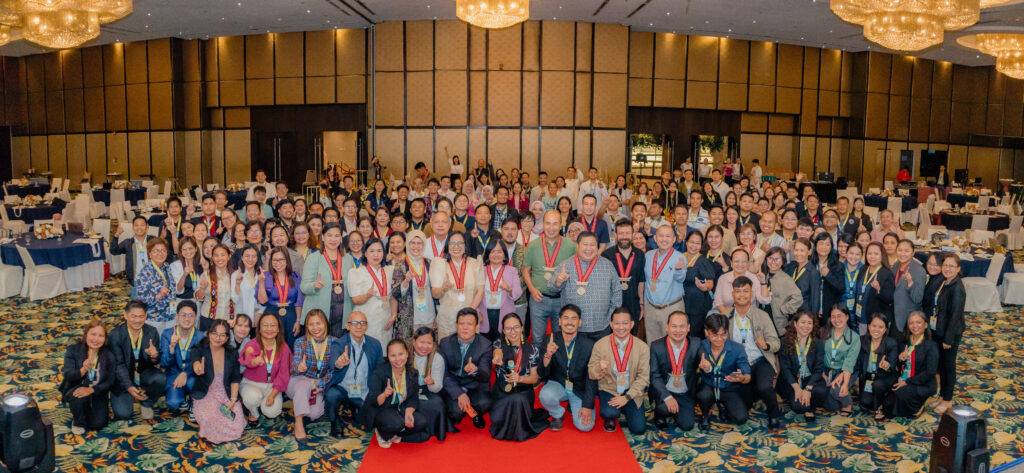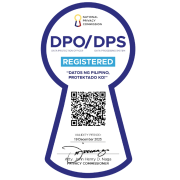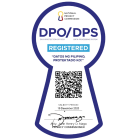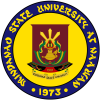𝐌𝐒𝐔𝐍 𝐅𝐚𝐜𝐮𝐥𝐭𝐲 𝐑𝐞𝐬𝐞𝐚𝐫𝐜𝐡𝐞𝐫 𝐉𝐨𝐢𝐧𝐬 𝐌𝐞𝐢𝐨𝐒𝐜𝐨𝐨𝐥 𝟐𝟎𝟐𝟓 𝐖𝐨𝐫𝐤𝐬𝐡𝐨𝐩 𝐢𝐧 𝐉𝐚𝐩𝐚𝐧

Mr. Erwin Jones A. Tucong, a faculty member from the College of Fisheries and Marine Sciences at MSU at Naawan, recently embarked on a highly specialized international learning experience in Japan, immersing himself in an intensive, hands-on workshop focused on the tiny yet ecologically critical world of meiofauna.
Mr. Tucong participated in the MeioScool 2025 International Workshop, held from October 6–9 at Kumamoto University’s Aitsu Marine Station in Amakusa, Japan. More than a series of lectures, the event served as a dynamic platform for emerging and established scientists to deepen their technical competence in meiofauna research, equipping participants with essential skills in taxonomy, sampling methodology, laboratory processing, and biodiversity assessment. The training gathered researchers and students from across the globe to exchange expertise on managing and understanding these microscopic organisms that play a vital role in marine ecosystems.
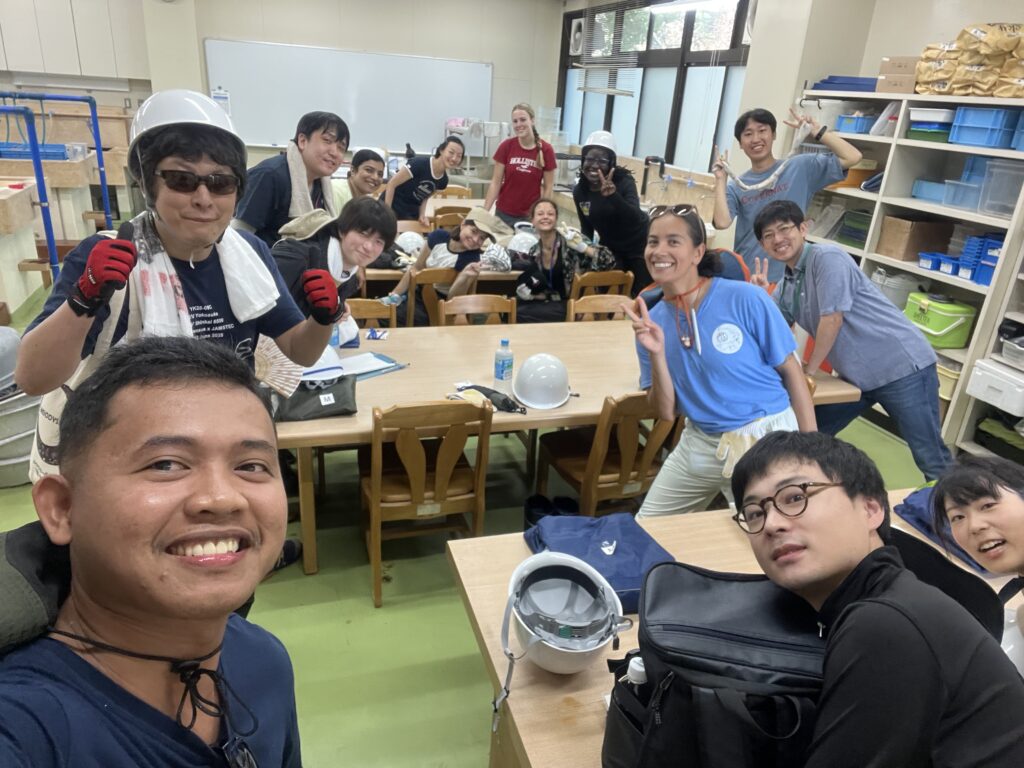
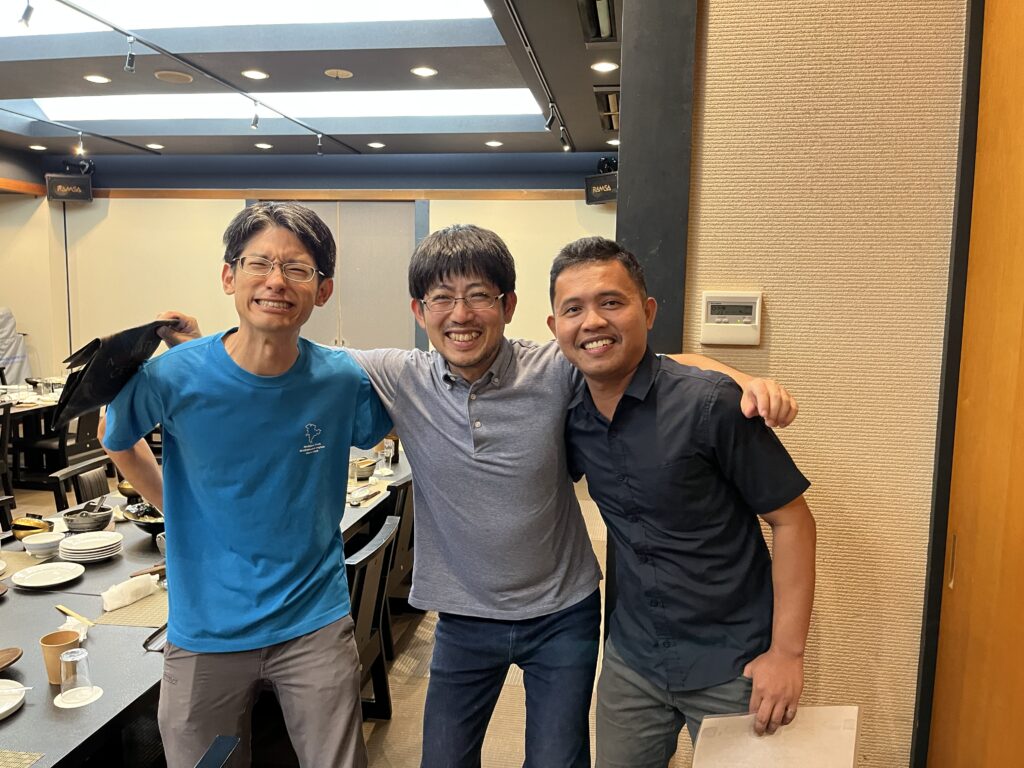
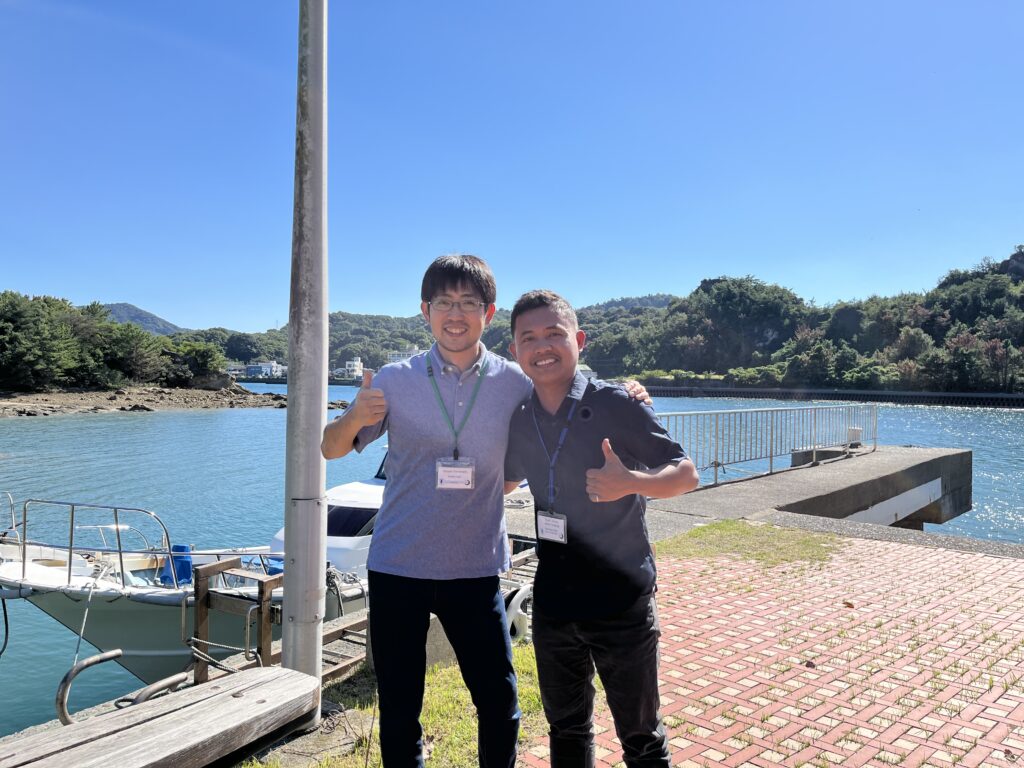
The workshop began with an orientation at the Aitsu Marine Station before quickly transitioning to field activities. Participants collected sediment samples from both deep offshore and shallow coastal sites, aiming to investigate how variations in sediment type influence meiofaunal communities. These samples were subsequently processed and sorted in the laboratory, offering attendees a direct, hands-on encounter with real specimens and field data.
On October 7, participants attended a lecture on copepod diversity and taxonomy led by renowned expert Dr. Pedro Martinez Arbizu. The session provided an in-depth look at one of the most abundant and diverse meiofaunal taxa. Afterward, the group conducted additional sampling at a low-tide beach, followed by laboratory analysis and microscopy of the newly collected specimens.
The final two days featured a combination of advanced lectures and rigorous lab work. Topics included major meiofaunal groups such as nematodes, kinorhyncha, tardigrades, loriciferans, and foraminiferans, alongside sessions on molecular biology, advanced imaging techniques, and the application of scanning electron microscopy and ECOTAXA software for species documentation and identification. Between the expert-led sessions, participants worked individually and collaboratively to identify collected meiofauna under the microscope, reinforcing both their theoretical and practical learning.
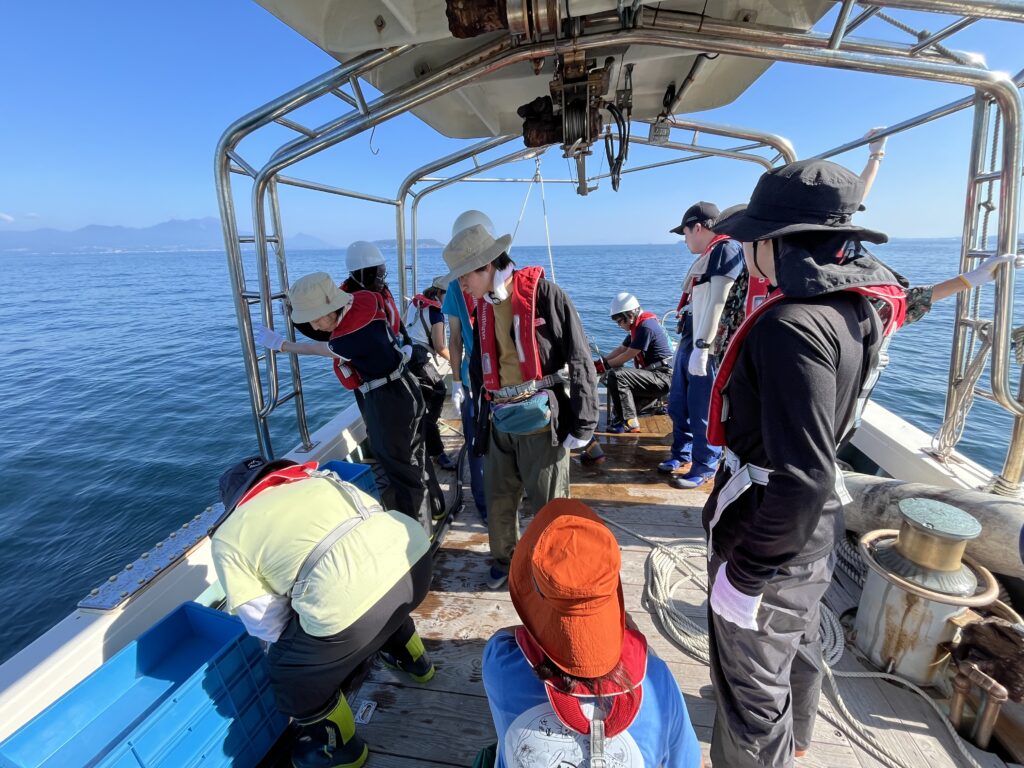
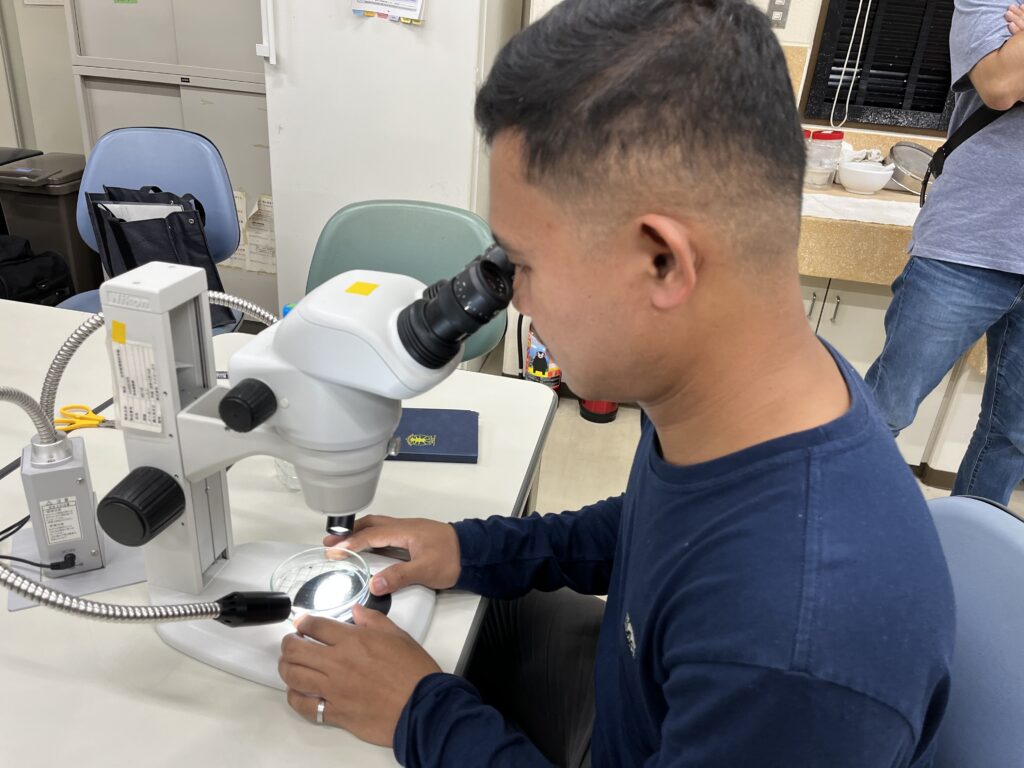
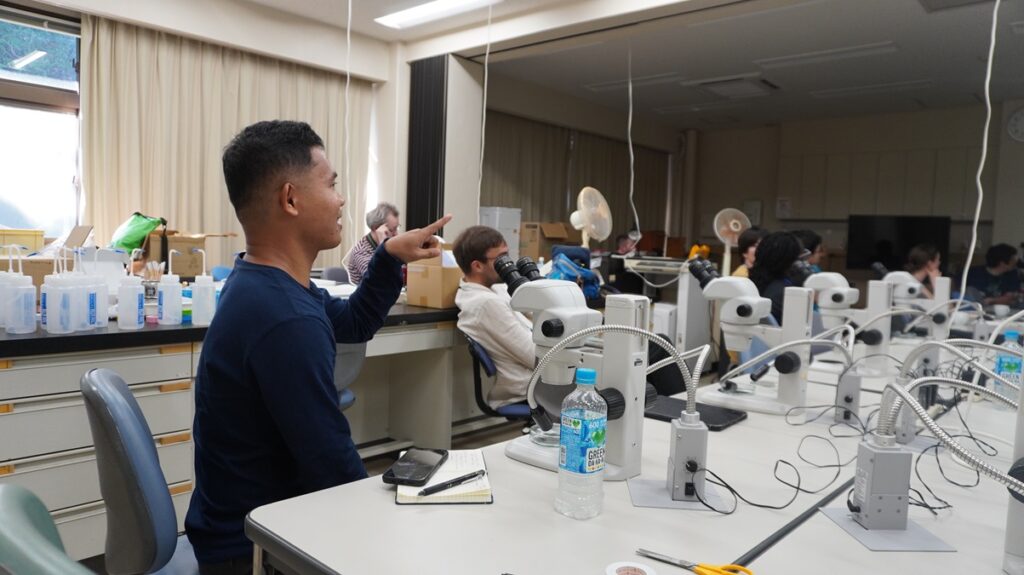
Beyond technical training, MeioScool 2025 fostered meaningful international collaboration and scientific exchange. Participants had the opportunity to interact with prominent meiofauna researchers and fellow trainees from various countries, building networks that can support future collaborative projects and research endeavors.
For Mr. Tucong, this workshop serves as a significant milestone in his professional development as a marine researcher. The knowledge and skills he gained, particularly in specimen collection, taxonomic identification, and analytical techniques, will directly support ongoing and future research initiatives at MSU at Naawan. His enhanced expertise strengthens the university’s capacity to investigate marine biodiversity, contributes to a deeper understanding of local and regional ecosystems, and supports evidence-based conservation and management of coastal and marine environments.
Moreover, his participation reinforces MSU at Naawan’s commitment to global engagement and scientific excellence, reflecting the institution’s dedication to nurturing researchers who can contribute to international discourse and research frontiers. The connections and collaborations initiated during the workshop will help open doors for joint studies, academic exchanges, and international partnerships in marine science.
Mr. Tucong returns home equipped with sharpened fieldwork and taxonomic skills, ready to share his learnings with students and colleagues and support MSU at Naawan’s expanding role in marine biodiversity research, further advancing the university’s mission of generating knowledge that promotes sustainable development in aquatic ecosystems.

